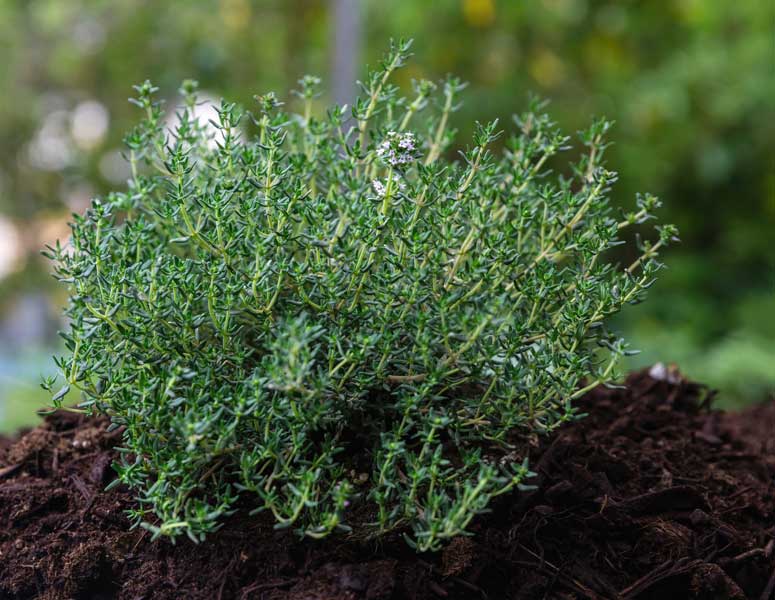Companion planting is a time-tested gardening technique that strategically pairs plants to enhance growth, improve yields, and create a thriving ecosystem. When it comes to thyme, a fragrant and versatile herb, companion planting can be the key to unlocking its full potential in your garden. Let’s dive into the world of thyme companion plants and discover how to maximize your harvest.
Best Thyme Companion Plants
Sage (Salvia officinalis)
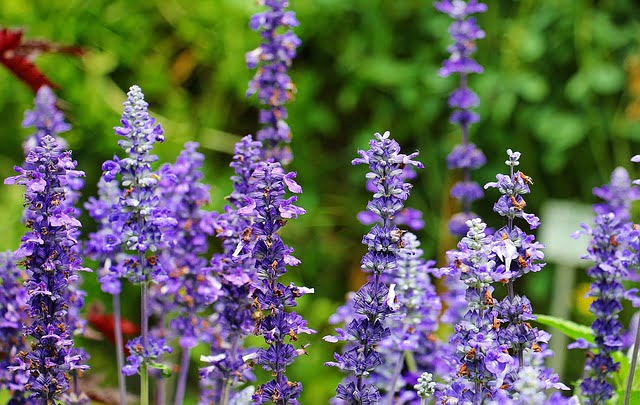
Sage, with its silvery foliage and earthy aroma, is a wise companion for thyme. It attracts pollinators like bees and butterflies, while its strong scent deters cabbage moths and carrot flies. Sage is also believed to enhance the flavor of thyme when grown nearby, adding a subtle savory note.
- Spacing: Plant sage 12 inches away from thyme to allow for adequate airflow and growth.
- Expert Tip: Harvest sage leaves regularly to encourage bushier growth and prevent the plant from becoming woody.
Lavender (Lavandula angustifolia)
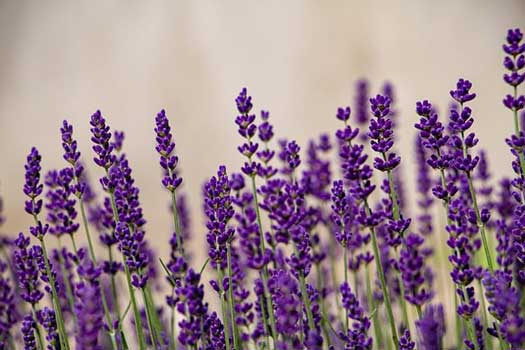
This fragrant beauty is more than just a pretty face. Lavender repels moths, fleas, and mosquitoes, while its nectar-rich flowers lure in beneficial pollinators. Its drought tolerance also makes it an ideal match for thyme’s water needs. While not directly impacting thyme’s flavor, lavender’s calming scent can enhance the overall sensory experience of your garden.
- Spacing: Depending on the lavender variety, space plants 12-18 inches apart from thyme.
- Expert Tip: Plant lavender in slightly alkaline soil for optimal growth and bloom.
Rosemary (Rosmarinus officinalis)

This woody herb shares thyme’s love for sun and well-draining soil. Rosemary’s pungent aroma deters cabbage moths, bean beetles, and carrot flies, while its sturdy growth acts as a natural windbreak, protecting thyme from harsh gusts. Growing rosemary near thyme may subtly enhance thyme’s piney notes.
- Spacing: Give rosemary plenty of room to grow by planting it 24 inches away from thyme.
- Expert Tip: Prune rosemary regularly to maintain its shape and encourage bushier growth. Avoid overwatering, as rosemary prefers drier conditions.
Oregano (Origanum vulgare)
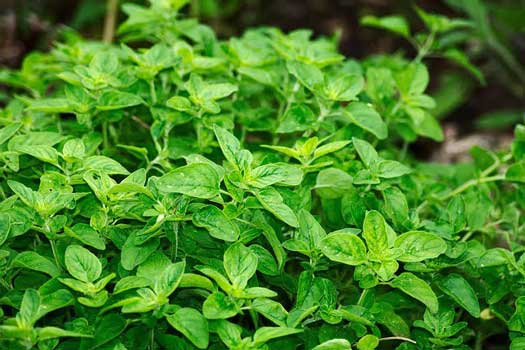
A culinary powerhouse, oregano attracts beneficial wasps and hoverflies that prey on aphids, keeping your thyme plants pest-free. Its spreading habit also helps to suppress weeds around thyme. While their flavors are distinct, growing oregano and thyme together can create a unique and complex aroma in your garden.
- Spacing: Plant oregano 12 inches away from thyme and allow it to spread. If you’re concerned about invasiveness, consider planting it in a container.
- Expert Tip: Divide oregano plants every few years to maintain their vigor and prevent overcrowding.
Marigolds (Tagetes spp.)

Marigolds (Tagetes spp.): These cheerful flowers offer more than just visual appeal. Marigold roots release substances that deter harmful nematodes, protecting thyme’s roots. Their bright colors also attract pollinators and beneficial insects like hoverflies and ladybugs. Marigolds are not typically considered to impact the flavor of thyme.
- Spacing: Plant marigolds 8-10 inches away from thyme for a dense and colorful display.
- Expert Tip: Choose French marigolds (Tagetes patula) for their compact size and nematode-repelling properties
Lettuce (Lactuca sativa)
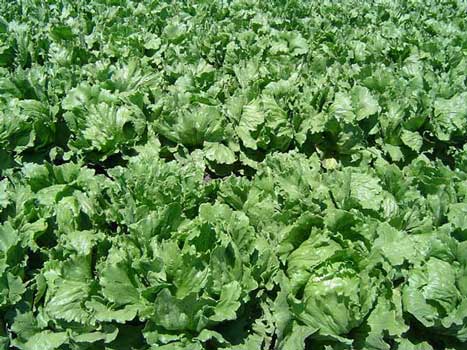
This cool-season leafy green thrives in the partial shade provided by thyme’s delicate branches. Its shallow roots won’t compete with thyme for resources, and its quick growth means it can be harvested before it gets too big. Lettuce also acts as a living mulch, suppressing weeds and keeping the soil cool and moist, which thyme appreciates.
- Spacing: Sow lettuce seeds directly around established thyme plants, thinning them to 6-12 inches apart as they grow.
- Expert Tip: Choose loose-leaf or romaine lettuce varieties, as they tend to be less prone to bolting in warmer temperatures.
Parsley (Petroselinum crispum)
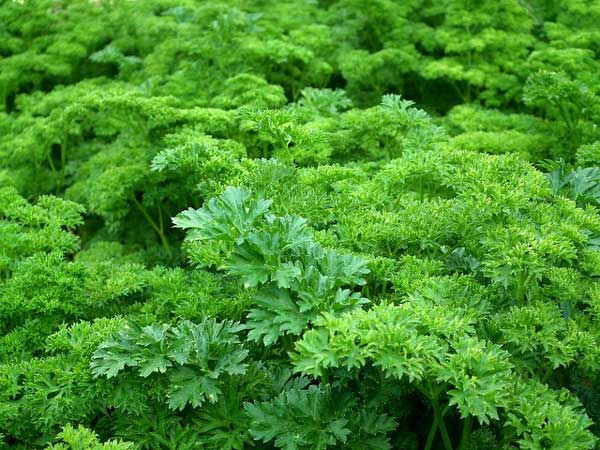
This versatile herb is not only a culinary staple but also a magnet for beneficial insects. Parsley attracts hoverflies and tachinid flies, whose larvae feast on aphids, caterpillars, and other thyme pests.
- Spacing: Plant parsley 6-8 inches away from thyme, allowing it to fill in gaps and create a lush ground cover.
- Gardener’s Insight: Parsley prefers cooler temperatures and some afternoon shade, especially in hot climates.
Chamomile (Matricaria chamomilla)
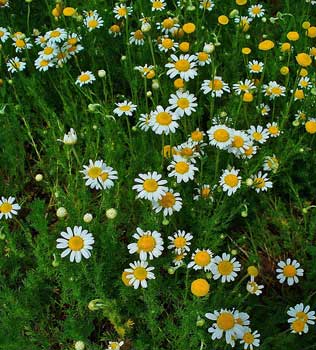
Chamomile’s delicate, daisy-like flowers aren’t just pretty; they’re also a beacon for beneficial insects like hoverflies and parasitic wasps. These insects help control common thyme pests like aphids and spider mites. Chamomile is also known to improve the overall health and vigor of neighboring plants.
- Spacing: Sow chamomile seeds directly around thyme, thinning them to 8-12 inches apart.
- Gardener’s Insight: Chamomile is a self-seeding annual, so you may find new plants popping up year after year.
Dill (Anethum graveolens)
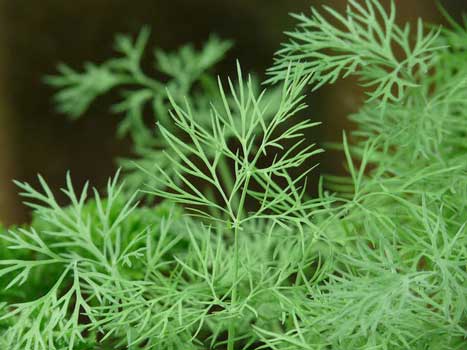
Dill’s feathery foliage and yellow flowers attract beneficial insects like ladybugs, lacewings, and parasitic wasps, which all prey on common thyme pests. Its presence can also attract pollinators like bees and butterflies, which can help improve thyme’s overall health.
- Spacing: Plant dill 12 inches away from thyme.
- Gardener’s Insight: Dill can self-seed easily, so remove flower heads before they go to seed if you don’t want it to spread.
Marjoram (Origanum majorana)
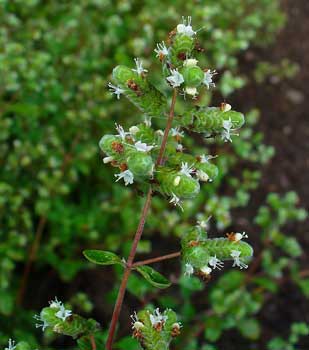
Marjoram, a close relative of oregano, shares a similar pest-repellent aroma and ability to attract beneficial insects. Its milder flavor complements thyme well in culinary dishes, and its presence in the garden can enhance thyme’s overall growth and vigor.
- Spacing: Plant marjoram 12 inches away from thyme.
- Gardener’s Insight: Marjoram prefers well-draining soil and full sun. Pinch back the tips to encourage bushier growth.
Alyssum
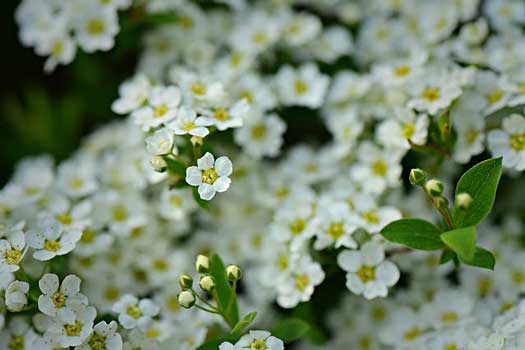
This low-growing, flowering ground cover acts as a living mulch, suppressing weeds and keeping the soil cool and moist, which thyme appreciates. Alyssum’s small, fragrant flowers also attract a plethora of beneficial insects, including hoverflies, parasitic wasps, and lacewings.
- Spacing: Plant alyssum 6-8 inches away from thyme to create a dense carpet of color and pest protection.
- Gardener’s Insight: Alyssum thrives in full sun and well-draining soil. It’s drought-tolerant once established.
Radishes (Raphanus sativus)
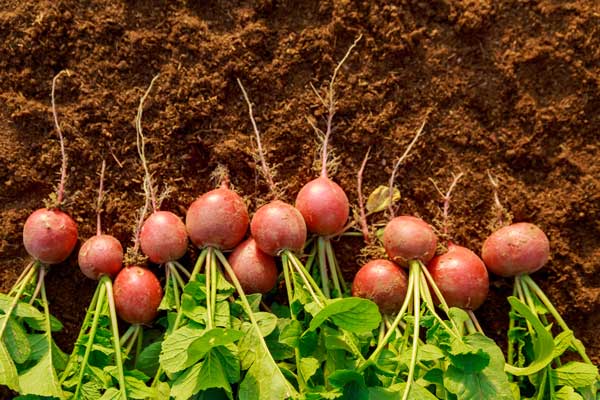
These fast-growing root vegetables are an excellent companion for thyme. Their pungent aroma helps deter pests like flea beetles, while their quick maturity means they can be harvested before competing with thyme for space. Radishes also help break up compacted soil with their roots, improving drainage and aeration.
- Spacing: Sow radish seeds directly around thyme, thinning them to 2-3 inches apart.
- Expert Tip: Plant radishes successively every few weeks for a continuous harvest throughout the growing season.
Peas (Pisum sativum)
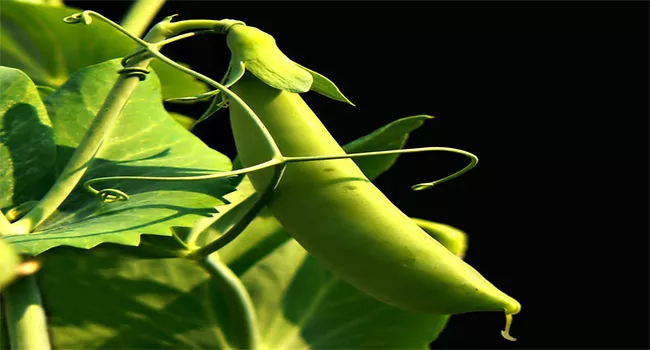
RELATED: Peas Companion Plants
As a nitrogen-fixing legume, peas enrich the soil with this essential nutrient that thyme craves. Their tall, vining habit can also provide some shade for thyme during hot summer months. Additionally, peas attract beneficial insects like ladybugs and lacewings, which help control common thyme pests.
- Spacing: Plant peas about 6 inches away from thyme and provide them with a trellis or support structure to climb.
- Expert Tip: Inoculate pea seeds with rhizobium bacteria to ensure optimal nitrogen fixation.
Nasturtiums (Tropaeolum majus)
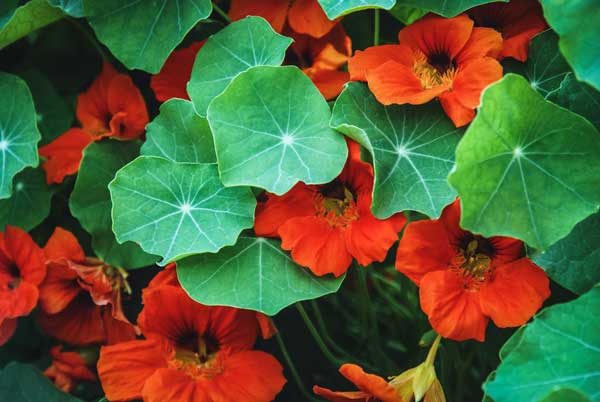
These vibrant annuals are more than just a pretty face. Their edible flowers and peppery leaves add a burst of flavor to salads and dishes. But beyond their culinary appeal, nasturtiums act as a trap crop, luring aphids, whiteflies, and cucumber beetles away from your precious thyme.
- Spacing: Plant nasturtiums 12 inches away from thyme to create a colorful, pest-repelling border.
- Expert Tip: Allow some nasturtiums to go to seed to ensure a continuous supply of these beneficial plants in your garden.
Garlic (Allium sativum)

Garlic’s pungent aroma is legendary in the garden. It deters a wide range of pests, from aphids and spider mites to cabbage loopers, acting as a natural protector for your thyme. Its strong scent also masks the aroma of thyme, making it harder for pests to locate.
- Spacing: Plant garlic cloves 4-6 inches apart and intersperse them throughout your thyme patch.
- Expert Tip: Plant garlic in the fall for a spring harvest. Mulch heavily to protect it from freezing temperatures.
Lemon Balm (Melissa officinalis)
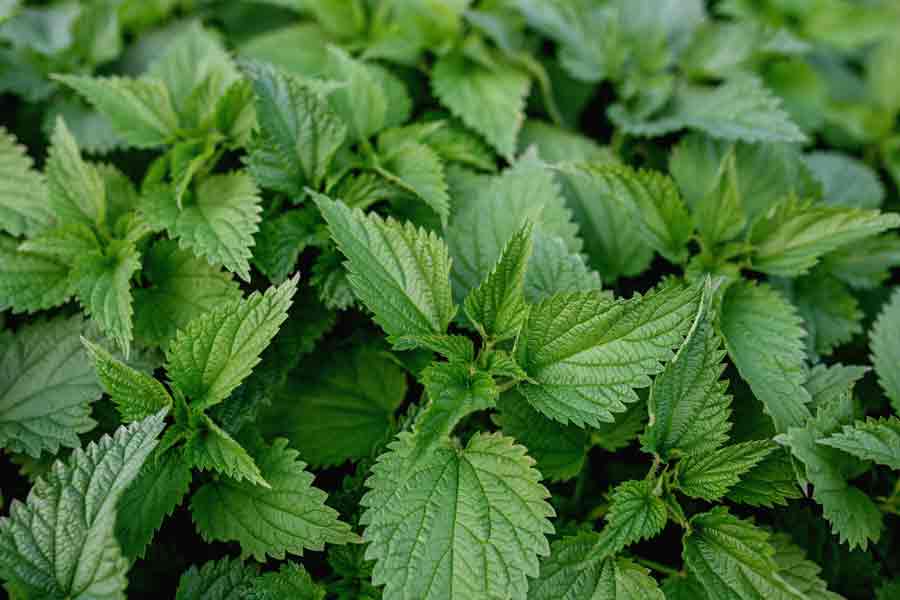
A member of the mint family, lemon balm exudes a delightful citrusy fragrance that attracts bees and butterflies, essential pollinators for thyme. Its gentle presence is believed to enhance the overall growth and flavor of nearby plants.
- Spacing: Give lemon balm room to spread by planting it 12-18 inches away from thyme.
- Expert Tip: Plant lemon balm in a container or a well-defined bed to control its spreading habit.
Cosmos (Cosmos bipinnatus)
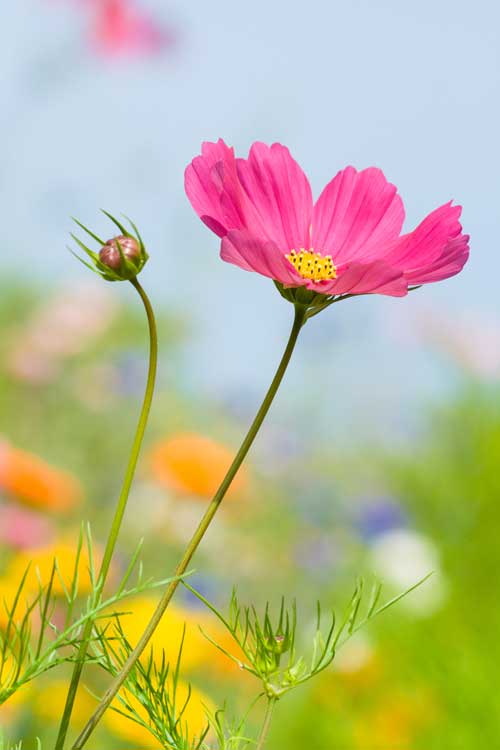
These tall, vibrant flowers bring a burst of color and life to the garden. Cosmos attract a wide array of pollinators, including bees, butterflies, and hoverflies, which can enhance thyme’s pollination and overall health. Their airy growth also creates a visually pleasing backdrop for the low-growing thyme.
- Spacing: Plant cosmos 12 inches away from thyme, allowing both plants to flourish without competition.
- Expert Tip: Pinch back young cosmos plants to encourage bushier growth and more blooms.
Zinnias (Zinnia elegans)
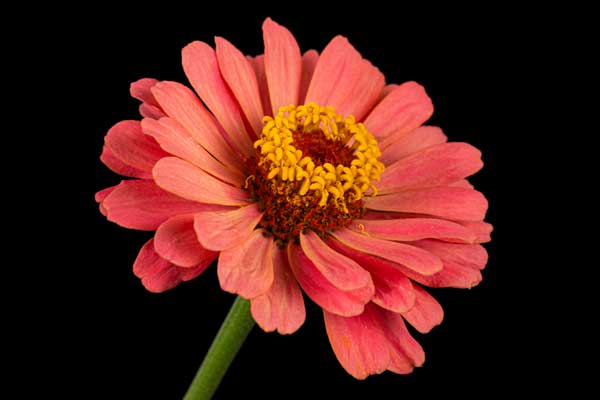
These cheerful annuals are magnets for beneficial insects, drawing in bees, butterflies, and hoverflies that help pollinate and protect thyme. Their bright, colorful blooms also add visual interest to the garden.
- Spacing: Plant zinnias 12 inches away from thyme, giving them ample space to grow and attract pollinators.
- Expert Tip: Deadhead spent zinnia blooms to promote continuous flowering throughout the season.
Chives (Allium schoenoprasum)
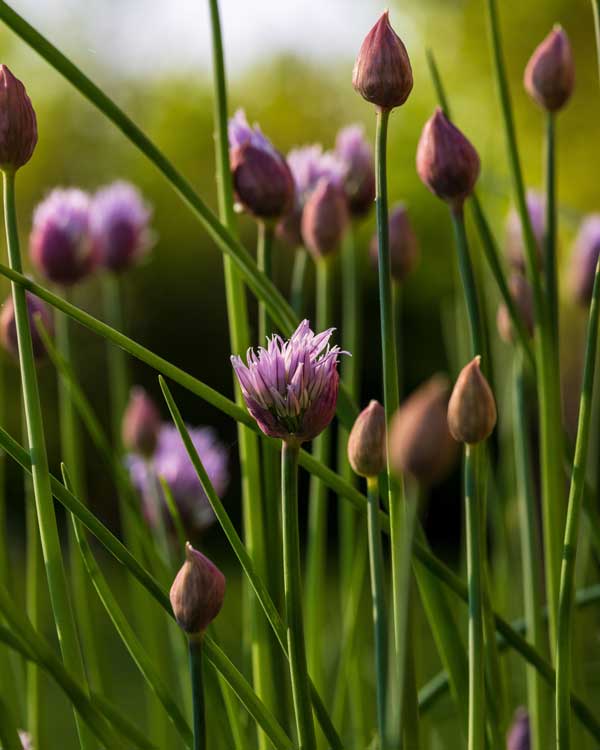
Chives, with their delicate onion flavor, do more than just add a zing to your dishes. Their scent repels aphids and Japanese beetles, common pests of thyme. Plus, they’re a low-maintenance perennial that thrives in various conditions.
- Spacing: Plant chives 8-12 inches away from thyme to create a harmonious blend of textures and flavors.
- Expert Tip: Divide chives every few years to maintain their vigor and prevent overcrowding.
Beans (Phaseolus vulgaris or other species)
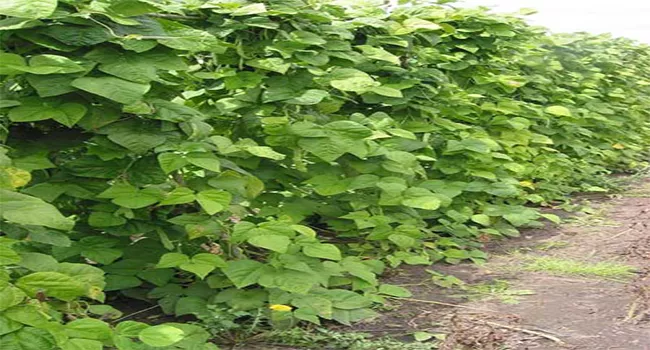
Beans are nitrogen-fixing powerhouses, enriching the soil with this essential nutrient that thyme craves. Their vining or bushy growth can provide some shade and support for thyme, while their flowers attract beneficial pollinators. Choose bush bean varieties for smaller spaces or pole beans for vertical interest.
- Spacing: Plant bush beans 4-6 inches apart near thyme. For pole beans, provide a trellis or support and plant them 6-12 inches away from thyme.
- Expert Tip: Avoid planting beans too close to thyme, as their vigorous growth can overshadow the herb.
Bad Companion Plants for Thyme
While thyme thrives in the company of compatible companions, certain plants may not contribute positively to its growth and health. Let’s explore why strawberries, peppers, broccoli, tomatoes, cilantro, mint, coriander, and cabbage might not be the best companions for thyme.
Strawberries, with their sprawling growth habit, may compete with thyme for essential resources such as sunlight, water, and nutrients, potentially hindering the herb’s development. Similarly, peppers, broccoli, and cabbage, being larger plants, could overshadow thyme and impede its access to sunlight. This competition for light may limit thyme’s growth potential and diminish its productivity.
Furthermore, tomatoes, cilantro, mint, and coriander have specific cultural requirements that may not align well with those of thyme. Their differing needs for water, soil pH, and nutrients could create an imbalance in the garden environment, affecting thyme’s overall health and vigor.
Fennel: Bad companion. Fennel is known to release chemicals that can inhibit the growth of nearby plants, including thyme. Therefore, it’s generally not recommended to plant fennel near thyme.
Despite these considerations, it’s essential to approach companion planting with an open mind and consider the unique conditions of your garden. While these plants may not be the best companions for thyme, they can still thrive when grown in separate areas of the garden, allowing each plant to reach its full potential without competing for resources.
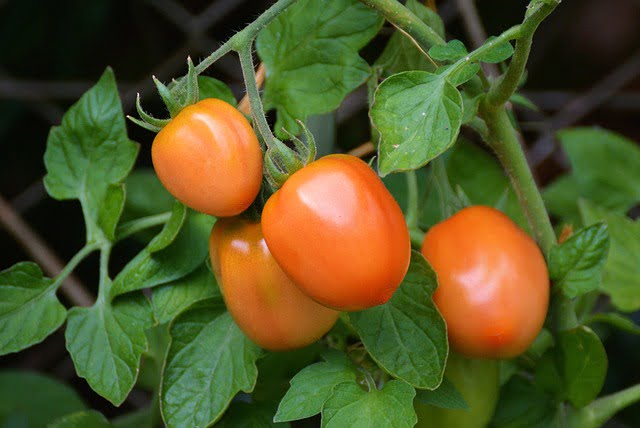
Thyme Care and Maintenance: Ensuring Healthy Growth
Soil pH
Thyme, a resilient herb with aromatic leaves, thrives in well-drained soil with a slightly acidic to neutral pH level. Ensuring the right soil pH is essential for promoting healthy growth and robust flavor in your thyme plants. Begin by testing the soil pH using a simple pH testing kit, readily available at garden centers. If the pH is too acidic or alkaline, amend the soil accordingly by adding organic matter such as compost or well-rotted manure. These amendments help balance the soil pH and provide essential nutrients for thyme’s development. Additionally, incorporating a layer of mulch around thyme plants helps retain moisture and regulate soil temperature, creating optimal growing conditions.
Fertilization
Fertilizing thyme plants moderately can contribute to their overall health and productivity. Choose a balanced fertilizer with equal parts nitrogen, phosphorus, and potassium to provide essential nutrients for thyme’s growth. Apply the fertilizer sparingly, following the manufacturer’s instructions, to avoid over-fertilization, which can lead to excessive foliage growth at the expense of flavor. A slow-release fertilizer applied in early spring and again in midsummer can provide a steady supply of nutrients throughout the growing season. Additionally, incorporating organic fertilizers like compost or fish emulsion can enrich the soil and support thyme’s nutrient needs naturally, promoting vibrant growth and flavorful foliage.
Watering
Proper watering is crucial for maintaining healthy thyme plants and preventing issues like root rot or drought stress. Thyme prefers moderate moisture levels and well-drained soil to thrive. Water thyme plants deeply but infrequently, allowing the soil to dry out slightly between waterings to prevent waterlogged conditions. Early morning is the best time to water thyme, as it allows foliage to dry before evening, reducing the risk of fungal diseases. Avoid overhead watering, which can lead to leaf spot and other moisture-related issues. Instead, water thyme at the base of the plant to ensure that water reaches the roots directly. Mulching around thyme plants helps conserve moisture and reduce water evaporation, maintaining optimal soil moisture levels for healthy growth.
By following these care and maintenance practices, you can ensure that your thyme plants thrive and provide abundant harvests of flavorful foliage. Incorporating proper soil pH management, balanced fertilization, and mindful watering techniques into your thyme care routine promotes robust growth and enhances the overall health of your herb garden
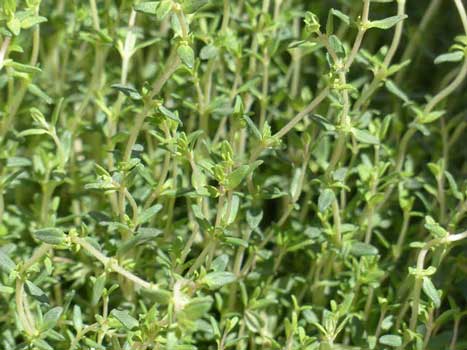
FAQ: Thyme Companion Plants
Q: What are thyme companion plants?
A: Thyme companion plants are other herbs, flowers, or vegetables that grow well alongside thyme in the garden. These companions can provide benefits such as improved pollination, pest control, and enhanced soil health, creating a harmonious garden ecosystem.
Q: What are some bad companion plants for thyme?
A: Certain plants may not be the best companions for thyme due to factors like competition for resources or incompatible growing conditions. Some examples of bad companion plants for thyme include strawberries, peppers, broccoli, tomatoes, cilantro, mint, coriander, and cabbage.
Q: Are there specific lemon thyme companion plants ?
A: Lemon thyme, with its citrusy fragrance, benefits from companions that share similar growing conditions and cultural requirements. Good companion plants for lemon thyme may include other herbs like lavender, rosemary, and oregano, as well as flowers like marigolds and alyssum.
Q: What about creeping thyme companion plants?
A: Creeping thyme, prized for its low-growing habit and fragrant foliage, pairs well with plants that can complement its spreading growth and thrive in similar conditions. Good companion plants for creeping thyme may include ground covers like sedum, creeping Jenny, and woolly thyme, as well as low-growing herbs like chamomile and dill.
Q: what not to plant with thyme ?
A: It’s essential to avoid planting certain vegetables and herbs that may compete with or inhibit the growth of thyme. These include plants like strawberries, peppers, broccoli, tomatoes, cilantro, mint, coriander, and cabbage, which may have different cultural requirements or growth habits that are not compatible with thyme.
Q: Can I plant thyme companion vegetables?
A: Yes, thyme can be planted alongside certain vegetables that are compatible in terms of growing conditions and space requirements. Thyme companion plants vegetables like carrots, onions, and potatoes are often suitable companions for thyme, as they have minimal competition and can benefit from thyme’s aromatic presence in the garden.
Q: Can I plant potatoes alongside thyme?
A: Yes, thyme can be a beneficial potato companion. Thyme’s aromatic foliage can help repel pests like aphids and potato beetles, reducing the risk of infestations. Additionally, thyme’s shallow root system complements potatoes, which have deeper roots, allowing them to coexist without competing for nutrients.
Q: Can I plant eggplants alongside thyme?
A: Yes, thyme can be a beneficial eggplant companion. Thyme’s aromatic foliage can help repel pests like aphids and flea beetles, reducing the risk of damage to eggplant foliage. Additionally, thyme’s low-growing habit provides ground cover, helping conserve soil moisture and suppress weed growth around eggplants.
Q: Name some thyme companion flowers.
A: Thyme pairs well with a variety of flowers, including lavender, marigolds, yarrow, and rosemary. These companion flowers not only complement the aesthetic appeal of thyme but also attract beneficial pollinators to the garden.
Q: Name some Thyme companion herbs.
A: Thyme’s aromatic foliage and low-growing habit make it an excellent companion for other herbs. Some herbs that thrive alongside thyme include oregano, sage, parsley, and basil. Planting thyme alongside these herbs can create a diverse and productive herb garden.
Q: Can you plant thyme and rosemary together?
A: Yes, thyme and rosemary are compatible companions in the garden. Both herbs prefer similar growing conditions, including well-drained soil and full sun. Planting thyme and rosemary together can create a fragrant and visually appealing herb garden, with each herb enhancing the growth and flavor of the other.
Q: Red thyme companion plants name ?
A: Red thyme, with its vibrant foliage, pairs beautifully with companion plants that offer contrasting textures and colors. Consider planting red thyme alongside silver-leaved plants like artemisia or lavender to create striking visual interest in the garden.
Conclusion Thyme companion plants
In conclusion, thyme companion plants play a crucial role in enhancing the growth, health, and productivity of thyme in the garden. By carefully selecting and planting thyme compatible companions such as potatoes and eggplants, gardeners can create symbiotic relationships that benefit both plants. Additionally, incorporating proper planting and harvesting thyme techniques ensures that thyme thrives alongside its companions, producing abundant harvests of flavorful foliage. With considerations for soil pH, fertilization, and watering, thyme and its companions can coexist harmoniously, creating a vibrant and sustainable garden ecosystem. By embracing the principles of companion planting and harnessing the natural synergies between plants, gardeners can cultivate thriving herb gardens filled with aromatic thyme and its beneficial companions.

